
Code: 15193790
Divergence and Convergence of Automobile Fuel Economy Regulations
by Masahiko Iguchi
This book reveals the mechanisms underlying the convergence of car fuel economy regulations in Europe, Japan and the US by drawing upon a constructivist theory of International Relations and law that focuses on business competitio ... more
- Language:
 English
English - Binding: Paperback
- Number of pages: 150
Publisher: Springer International Publishing AG, 2016
- More about this

59.15 €

Low in stock at our supplier
Shipping in 10 - 15 days
Potřebujete více kusů?Máte-li zájem o více kusů, prověřte, prosím, nejprve dostupnost titulu na naši zákaznické podpoře.
Add to wishlist
You might also like
Give this book as a present today
- Order book and choose Gift Order.
- We will send you book gift voucher at once. You can give it out to anyone.
- Book will be send to donee, nothing more to care about.
More about Divergence and Convergence of Automobile Fuel Economy Regulations
You get 147 loyalty points
 Book synopsis
Book synopsis
This book reveals the mechanisms underlying the convergence of car fuel economy regulations in Europe, Japan and the US by drawing upon a constructivist theory of International Relations and law that focuses on business competition and environmental regulations. It offers new understanding of the topic of cars and an issue of climate change, discussing the emerging phenomenon of convergence of fuel economy regulations; addressing the role of business actors in pushing for climate change action; proposing the new model of agency with and beyond states; and providing insightful case studies from Europe, Japan and the US. The opening chapter reviews the automobile industry and global climate change, providing a background for the discussion to follow. Chapter 2, Business Actors and Global Environmental Governance, grounds the discussion in the field of environmental governance. The third chapter is a case study examining the construction and timing of the European Union's climate policies for automobile CO2 emissions, discussing the underlying factors and the actors influencing the policies. The following chapter argues that Japan adopted its stringent fuel economy regulations primarily because of industry competitiveness, motivated by stringent environmental regulations in export markets and encouraged by a tradition of 'co-regulation' and 'corporatism' to enhance the regulations. Chapter 5 asks why the US, the first country to introduce fuel economy regulations, spent two decades in regulatory stagnation, and discusses how recent US fuel economy regulations came to converge with Japanese and European standards. Chapter 6 compares, contrasts and analyzes fuel economy regulations among the three case studies and identifies policy implications for the future climate governance for 2015 and beyond. The final chapter explores applicability of the 'agency with and beyond the state' model to other sectors and to climate governance as a whole.
 Book details
Book details
Book category Books in English Law Laws of Specific jurisdictions Environment, transport & planning law
59.15 €
- Full title: Divergence and Convergence of Automobile Fuel Economy Regulations
- Subtitle: A Comparative Analysis of EU, Japan and the US
- Author: Masahiko Iguchi
- Language:
 English
English - Binding: Paperback
- Number of pages: 150
- EAN: 9783319365077
- ISBN: 331936507X
- ID: 15193790
- Publisher: Springer International Publishing AG
- Weight: 2642 g
- Dimensions: 235 × 155 × 9 mm
- Date of publishing: 06. October 2016
Trending among others
-

Climate Casino
21.84 € -1 % -

Eradicating Ecocide
29.87 € -

Scientific Foundations of Zoos and Aquariums
51.63 € -14 % -

Wild Life
25.60 € -11 % -

Wildlife Crime: From Theory to Practice
37.40 € -4 % -

Practical Guide to Drone Law
44.82 € -2 % -

Ecosystem Services - Concept, Methods and Case Studies
171.16 € -4 % -

Community Planning Handbook
54.27 € -

Governing International Watercourses
74.90 € -

Earth is Our Business
24.59 € -4 % -
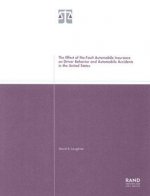
Effect of No-fault Automobile Insurance on Driver Behavior and Automobile Accidents in the United States
21.44 € -
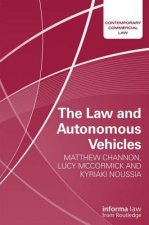
Law and Autonomous Vehicles
256.95 € -
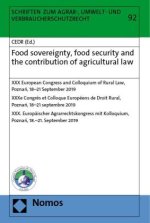
Food sovereignty, food security and the contribution of agricultural law
159.98 € -

EU Waste Law
289.99 € -

Preussen
42.58 € -3 % -

ADR / RID 2023 mit nationalen Vorschriften
54.88 € -9 % -
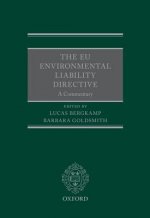
EU Environmental Liability Directive
385.74 € -

European Environmental Law
57.32 € -

ADR 2025, m. 1 Buch, m. 1 Online-Zugang
55.49 € -4 % -

EU Environmental Law, Governance and Decision-Making
57.52 € -
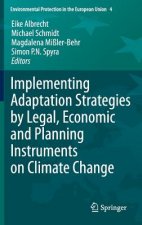
Implementing Adaptation Strategies by Legal, Economic and Planning Instruments on Climate Change
116.58 € -

Litigating Animal Law Disputes
113.53 € -18 % -

Environmental Law in Scotland
132.54 € -9 % -

Guide to the National Planning Policy Framework
133.25 € -

European Environmental Law
107.13 € -
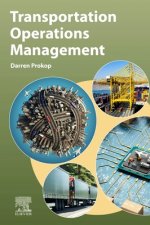
Transportation Operations Management
132.23 € -
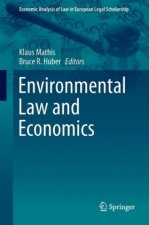
Environmental Law and Economics
218.33 € -2 % -

Guide to EU Environmental Law
112.21 € -

Wetlands
166.89 € -

Game of Conservation
40.04 € -

Philosophical Foundations of Environmental Law
57.52 € -

Ecosystem Services - Concept, Methods and Case Studies
123.29 € -4 % -
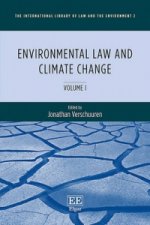
Environmental Law and Climate Change
908.71 € -9 % -
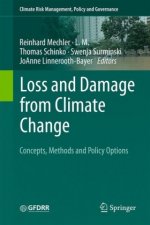
Loss and Damage from Climate Change
55.08 € -2 % -
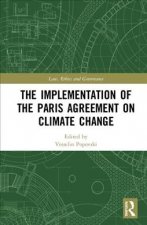
Implementation of the Paris Agreement on Climate Change
182.55 € -
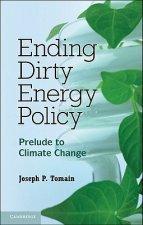
Ending Dirty Energy Policy
128.37 € -

Fraud and Carbon Markets
193.12 € -
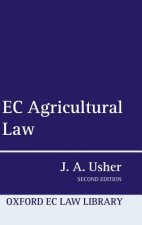
EC Agricultural Law
110.78 € -

Losing Paradise
19.61 € -

Changing Governance of Renewable Natural Resources in Northwest Russia
47.26 € -
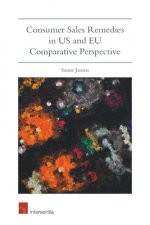
Consumer Sales Remedies in US and EU Comparative Perspective
82.32 € -

Legal Design for Social-Ecological Resilience
133.45 € -
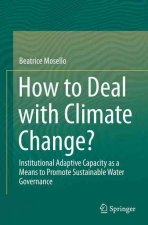
How to Deal with Climate Change?
109.46 € -2 % -

Animal Welfare Act & Farm Animal Research
200.95 € -5 % -

Environmental Health in International and EU Law
169.33 € -

Packaging Law Europe
135.49 € -
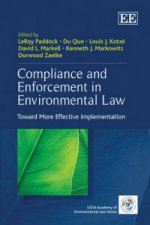
Compliance and Enforcement in Environmental Law - Toward More Effective Implementation
216.70 € -10 % -

Indigenous Peoples, Consent and Benefit Sharing
64.33 € -

Environmental Policy in Search of New Instruments
179.30 €
Collection points Bratislava a 2642 dalších
Copyright ©2008-24 najlacnejsie-knihy.sk All rights reservedPrivacyCookies




 15549 collection points
15549 collection points Delivery 2.99 €
Delivery 2.99 € 02/210 210 99 (8-15.30h)
02/210 210 99 (8-15.30h)